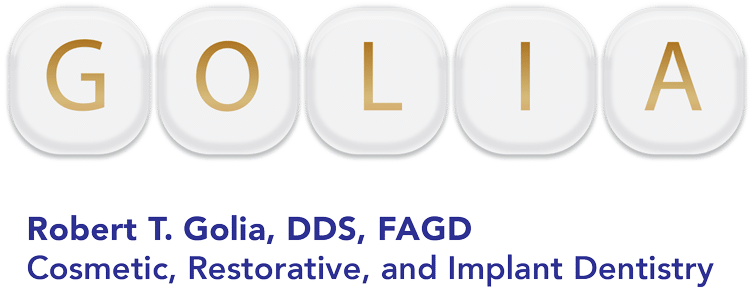
We have a lot to worry about as we get older. Crow’s feet, cholesterol screenings, retirement funds—they’re probably all on your mind, but don’t forget about your teeth. Just like your skin and hair, your teeth change with age. It’s not just the wear and tear of daily use for the past several decades that impacts your teeth, it’s also health conditions and medications that are more common for older adults.
If there’s any time to give your teeth a little TLC, it’s now! Here’s how you can protect your teeth as you get older.
Prevent Dry Mouth
The likelihood of dry mouth increases with age, which is bad news for your oral health. Many of the medications older adults take to keep themselves healthy have a side effect of decreasing saliva production.
When you’re not producing enough saliva to dilute and wash away the acid released by bacteria and food, your teeth are susceptible to decay. As we grow older, recession occurs exposing the roots of the teeth which are softer and more susceptible to decay.Saliva carries minerals and immune cells that protect teeth from cavities, another reason why decreased saliva is bad news for oral health.
The best way to fight against the effects of dry mouth is to stay hydrated. Drink plenty of water—bring a water bottle with you whenever you leave the house and sip from it often. Juice, soda, tea, or coffee are not a substitute and may make your dental health even worse. Don’t suck on sugary hard candy to keep your mouth lubricated, but do consider using an alcohol-free mouth rinse formulated for dry mouth if staying hydrated alone doesn’t seem to be enough.
Brush Better
A lot of people are under the impression that they need hard bristles and a lot of pressure to get their teeth sparkling clean. While it’s true that your teeth might feel smooth after you brush like this, it’s not good for your gums. Gums naturally recede as we age, and the last thing you want is to accelerate this process.
Brushing better means brushing gently, but more thoroughly. Use fluoride toothpaste and a soft bristled toothbrush. You may think you’re brushing the recommended two minutes twice a day, but unless you’re setting a timer, you’re likely brushing for much less time—two minutes is longer than you might think. When you brush, be mindful that you clean the fronts, backs, and chewing surfaces of all of your teeth. If you don’t have one already, consider using an electric toothbrush, which can allow you to clean your teeth well without having to use much pressure. I suggest the Sonicare or Oral B Braun toothbrushes. Don’t forget to floss twice a day either!
The likelihood of getting gum disease increases with age and the best way to prevent it is to keep teeth free of plaque.
Protect Against Oral Cancer
Oral cancer risk increases with age, so your routine dental exams are more important than ever. During these visits, your dentist will examine your mouth, cheeks, tongue, lips, and neck for abnormal growths and lesions.
To lower your risk of oral cancer, drink alcohol in moderation, stop smoking, and don’t use chewing tobacco. Every day, rain or shine, winter or summer, wear a lip balm with SPF to protect your lips from damaging rays.
Schedule an Appointment With Your Dentist
Finally, one of the best things you can do to protect your oral health as you get older is to make regular appointments for routine dental exams and cleanings. You should be seeing the dentist at least every six months, or more if recommended. If you’d like to make an appointment with Dr. Golia, contact us today at 203-248-7400 to schedule a visit.

